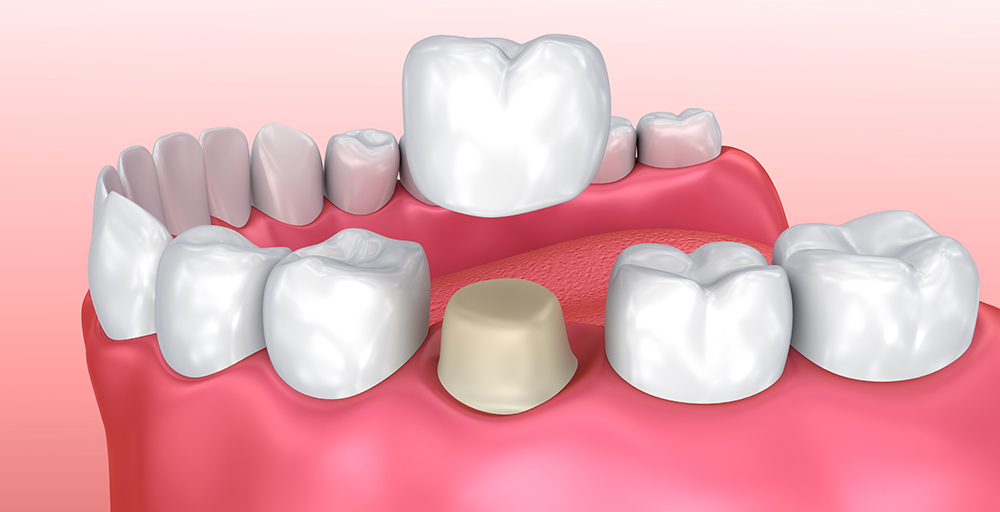ADDRESS
100 Cool Springs Blvd Ste 100 Franklin, TN 37067
ADDRESS
100 Cool Springs Blvd Ste 100 Franklin, TN 37067

You have just had surgery completed for the reduction of periodontal pocketing and/or for replacement of bone in an area where pathology existed; or in conjunction with endosseous dental implant surgical placement with or without platelet addition to the bone graft. You will be advised of the particular procedure and pertinent directions relative to your treatment modality. Whether you were put to sleep for this procedure or were only given local anesthesia, the post operative directions remain the same.
You will have several sutures (stitches) placed at the surgical site. These sutures may or may not be resorbable. If you have been told that you have received external silk sutures they have to be removed by us. The sutures will cause a pulling of your tissue over the bone grafting site. Since the bone graft site will have approximately 15 % more bone fill than what was naturally there, it is imperative that you do not pull up your lips or cheeks to show or examine the area. The undue pressure will cause the sutures to widen away from the surgical site, expose bone, create more pain, and delay healing dramatically. This delay can lead to the need for the area to be sutured again when you are seen for your 1 week post surgical evaluation. The sutures will remain in place for between 14 and 21 days depending on the size of the graft, the severity of the pathology, and the condition of the tissue being sutured.
Your doctor will tell you what time period to expect. Remember though that this is not etched in stone, and that the doctor may extend the time before your sutures are removed to assure adequate healing and to avoid surgical regression.
You also may have a periodontal pack placed over the surgical site. The pack is pink in color, impregnated with antibiotic, and will protect the surgical site form infection and any wash out of the particulate bone utilized to restore your jaw. The pack should be left in place for as long as possible. If a pack is placed the doctor will remove the packing on your 1 week followup and decide if the packing should be replaced or kept off. Usually the packing is kept on for 7 to 10 days minimally. You must return to the office if your pack falls off before you are seen for your 1 week follow up.
Your maintenance during healing has to be completed carefully. You can brush in every area where the periodontal pack is not placed. It is imperative that you use NOTHING ASTRINGENT such as mouth wash or antiseptic solutions during the healing period of your bone graft. Listerine, Viadent, and any other potentially caustic agent can RUIN your bone grafting procedure, if contaminated, and require a replacement bone graft. Doctor and our staff will reiterate this with you at, during, and after your bone graft surgical procedure. After the first stages of healing is satisfactory, we will deliver and instruct you on how to use normal saline (with or without the addition of salt), and irrigation syringes for cleaning of the surgical site.
Since bone grows and heals slowly, and requires conditions conducive to a proper environment and blood supply, it is imperative that immediately after your bone graft that you alter your diet, as you would for any Oral Surgical procedure. This means that you should not eat anything that is too large, too hot, or too sticky. Your food should be tepid or on the cool side. Any food too hot will have a deleterious affect on your surgical procedure. Common sense must be used in determining what should be done or not done. If for some reason you have a question about anything post surgically, please call the office and we will inform you of the proper action to take.
Smoking after any Oral Surgical procedure will ALWAYS delay or badly disrupt normal healing due to a decrease in oxygenation of the tissue that is healing. Smoking should therefore be stopped for the first 7 to 10 days to allow for adequate initial tissue closure. Complete epithilization (closure) and wound healing normally takes a minimal of 21 days from the day the surgery was completed under ideal healing conditions and no other underlying systemic causes such as Diabetes Melitus, etc.
Bone grafting is a very predictable surgical procedure when done correctly and when patient cooperation is adhered to. Please try to be reasonable in understanding that this procedure has inherent risks associated with it as stated in your informed consents. Some of these risks are also pertinent to your post operative care.
We want nothing more than a perfect outcome with the surgical procedures that you are having done to rehabilitate your bone. This can only be attainable with proper cooperation from you. Please always feel free to communicate with us, at any time, to make sure that the procedures that you are having completed are properly maintained. No question is ever perceived by our office as being silly or unreasonable. We would rather have questions answered immediately than to have a chance that the procedure will not go as planned, especially from omissions that are preventable.
Please also remember, as stated above, and as outlined on your informed consents, that there are some occasions that no matter what is done that the outcome is not perfect. There are even infrequent instances when a surgery may have to be redone that are neither the doctors or the patients fault.